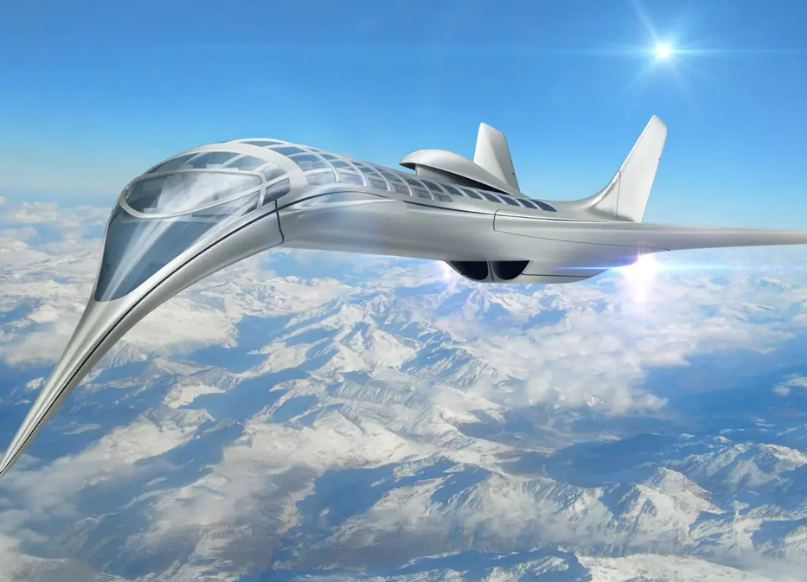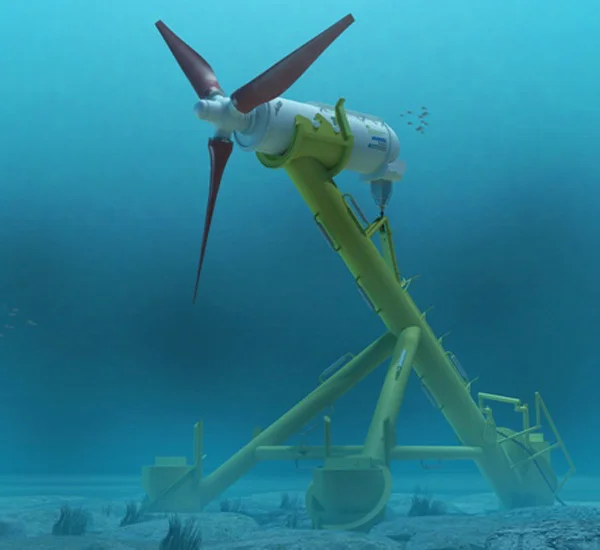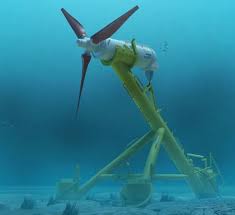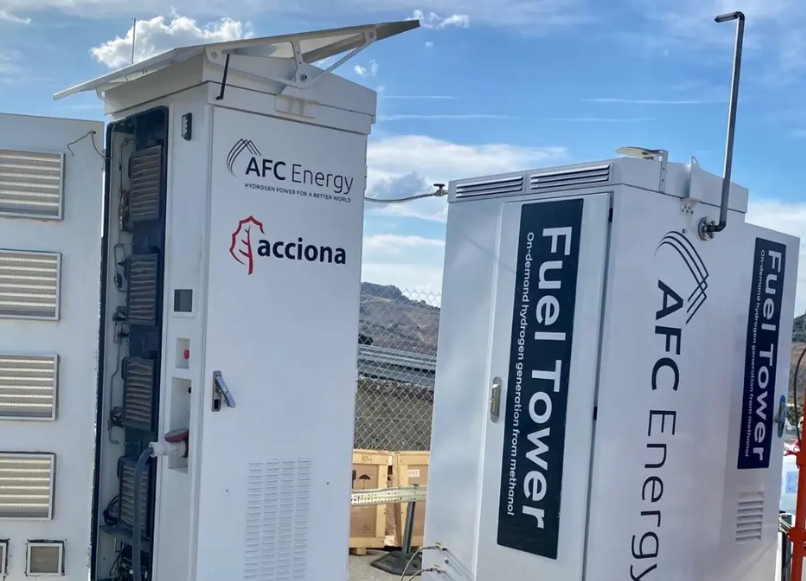Introduction
In a remarkable breakthrough that could revolutionize the aviation industry, a team of U.S. engineers has unveiled the world’s first hydrogen system designed to simultaneously fuel and cool future jet aircraft. This innovative technology aims to contribute significantly to reducing carbon emissions and improving the efficiency of air travel.
The Hydrogen Revolution
As the world grapples with the pressing need for sustainable energy sources, hydrogen has emerged as a viable alternative fuel. With its abundant availability and zero greenhouse gas emissions when burned, hydrogen presents an attractive solution for powering various applications, including aircraft. The recent advancements in hydrogen technology signal a shift towards a more sustainable aviation sector.
Dual Functionality: Fueling and Cooling
One of the standout features of this newly developed system is its dual functionality. Traditionally, cooling systems in aircraft are separate from fuel systems, leading to added weight and complexity. However, this innovative hydrogen system ingeniously combines both functions. By leveraging the cooling properties of hydrogen, the system can simultaneously cool aircraft components while providing the necessary fuel for propulsion. This integrated approach not only enhances efficiency but also lowers the overall weight of the aircraft, which is crucial for improving fuel economy.
Enhanced Safety Measures
Safety is paramount in aviation, and the new hydrogen system has been designed with multiple layers of safety features. The engineers have incorporated advanced monitoring systems to detect any potential leaks, ensuring that the hydrogen is handled safely throughout the aircraft’s operation. Additionally, the system is built to withstand extreme conditions, making it reliable for long-haul flights.
Impact on Emissions and Sustainability
The introduction of hydrogen fuel systems has the potential to reduce the aviation industry’s carbon footprint significantly. With the transportation sector being a major contributor to global greenhouse gas emissions, the shift towards hydrogen could play a critical role in reaching sustainability goals. If widely adopted, this technology could drastically cut emissions associated with air travel and align with global efforts to combat climate change.
The Future of Aviation
While this hydrogen system is still in the early stages of development, its potential impact on the future of aviation is enormous. As engineers continue to refine the technology, they anticipate the first test flights to occur within the next few years. The goal is to see hydrogen-powered commercial jets in operation by the end of the decade, marking a trans formative era in the aviation industry.
Conclusion
The unveiling of the world’s first hydrogen system to fuel and cool future jets represents a monumental step towards sustainable aviation. With innovative thinking and cutting-edge technology, U.S. engineers are paving the way for a new era of air travel that could not only protect the environment but also enhance the overall efficiency of flying. As research and development continue, the dream of an eco-friendly aviation industry is becoming a tangible reality.
Related Stories:
- https://www.eurekalert.org/news-releases/1085348
- https://www.forwardpathway.us/zero-emission-aviation-era-famu-fsus-revolutionary-liquid-hydrogen-system-propels-aircraft-towards-green-flight
- https://www.rtx.com/news/2025/05/16/paving-the-way-for-planes-powered-by-hydrogen
- https://www.airbus.com/en/innovation/energy-transition/hydrogen/zeroe-our-hydrogen-powered-aircraft
- https://fuelcellsworks.com/2025/03/28/clean-energy/bosch-aviation-technology-presents-concept-for-ground-breaking-hydrogen-aircraft-engine






